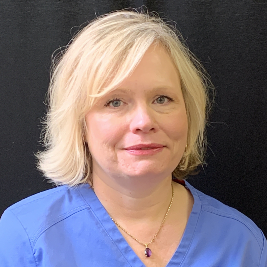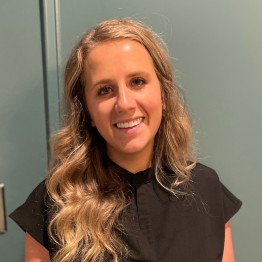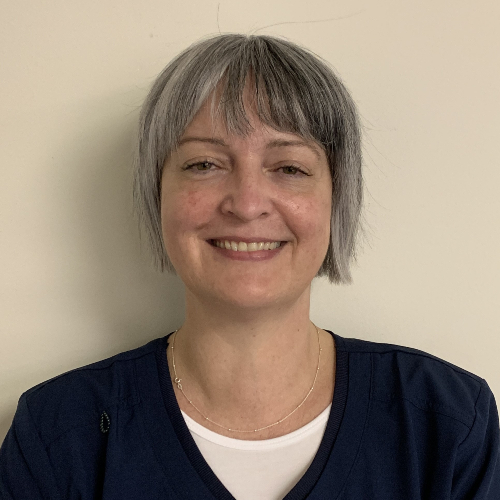Innova Primary Care is committed to changing healthcare from the inside out. Our commitment to you is patient-centered care you can trust while also working to mend the sub-par standards of care so many have become accustomed to. Our name, Innova, means renew, and it is from this viewpoint that we do everything we do. One of the ways we are shifting practices is by working with preferred clinics.
Shared Values
Your health is our priority; therefore, we choose to work with practitioners who feel the same way.
If you do a quick search for the definition of preferred clinics, you will probably find a list of urgent care facilities, medical groups, even a chiropractic office or two. This is because preferred clinic is a term that can be challenging to define, AND it’s undoubtedly more than a location. For Innova, a preferred clinic is one that we choose to work with, a medical practice that views healthcare like we do and puts patients first.
Here in the Huntsville, AL area, we are fortunate to have a plethora of specialty medical practitioners from which to choose. For example, if you need care from a urologist, a sports medicine physician, a gastroenterologist, there are multiple specialists ready to assist you. We prefer to work alongside certain physicians and specialty groups because their values align with our own. What is this defining value: patient-centered care. Let’s look closer at what Innova deems essential when it comes to healthcare partnerships and why choose to work with some over others.
No discussion of care can be complete without the understanding of patient-centered care. This model is how we work with our patients, and we expect the same from other healthcare facilities that work with our patients too.
Behind every preventative care visit, diagnostic test, health screening, diagnosis, and treatment protocol is a person. And people matter every single time.
Patient-centered care puts the patient and their individual needs and wellness at the heart of all healthcare decisions. Communication, collaboration, and mutual respect drives the relationship between doctors and those who entrust them with their care. From this place of mutual respect, the individual patient feels the freedom to ask questions and ultimately make the best decision for their care.
The patient comes first. Always.
Characteristics of patient-centered care:
- Coordinated collaborative care that is always accessible to the patient.
- Patient-centered care focuses on the whole person. Health and wellness are more than just physical. Emotional, mental, and spiritual health, as well as patient comfort, compose patient-centered care.
- Patient responsibility. When patients have the best information available, they can take an active role in their care.
- Patient-centered care takes individual differences (social-economic status, culture, belief systems, etc.) into consideration.
- Easy access to information, shared in a reasonable timeframe. The key here is access and time. Patient-centered care means that patients are easily able to get their medical information. This also means that providers MUST communicate.
Medical practices that make the shift to a patient-centered model encompass all of these traits in some way. They value the whole being, place a premium on communication and collaboration, take into account the components that make the individual unique, and provide information promptly.
Here at Innova, this is our approach to care. Because we view healthcare as collaborative, accessible, and built on trust, we expect the same from other practitioners with whom we work.
Patients are empowered when their care team communicates. Have you ever had a visit with a specialist, a physician apart from your primary care physician (PCP)? If so, consider how the information from your appointment becomes part of your medical record? Did you have to carry files or documentation to your PCP personally? Were you the one who had to jump through hoops to obtain data about YOUR healthcare information? We don’t believe this is how medicine should work.
Preferred Clinics and Communication
There should be an open line of communication between practitioners and PCPs, the gatekeepers to your health.
Have you ever been prescribed medication from a physician only to find out that there are significant interactions with other treatment protocols? How did you find out this information? Who sounded the alert? Did your specialist communicate with your PCP and vice versa to take into account all of your current medications?
We choose to work with clinics that have proven over time that their providers and staff are focused on patient care and communication.
What does this mean from a practical standpoint?
- Prompt sharing of results from labs, diagnostic tests, and labs. The sooner we know results, the quicker we can make crucial decisions about care.
- We prefer clinics that share information electronically rather than via mail or fax. Why? When data is streamlined electronically, information is in one place. This makes it easy for the patient and all of their providers to work collectively.
- The physicians and clinics we work with have a proven track record. We partner with practitioners that are accessible to the patients we refer them to, meet our standard of care, and treat our patients as we would.
Many patients are not aware that some clinics and practices do not proactively share results with the patient’s primary care physician. When physicians do not openly and effectively share information, patient safety and health is at risk. Not only can this negatively impact health, but a cost issue also arises in the form of duplicate testing and the like.
Primary Care Physicians are like the project managers for their patients’ health. We must have all the information necessary to treat our patients. The good news is that the Centers for Medicare and Medicaid Services is diligently working on rules to force healthcare systems to safely and securely share health records about patients with independent physicians and other systems. This means your health data is accessible to you and all of your healthcare providers. Collaboration is critical when it comes to your health.
The physicians and practices we prefer to work alongside for patient care are those that have similar care ideology to our own. We value open and effective communication and believe it is a cornerstone of care. We also know that you, the patient, deserve openness and communication between our PCP and specialists. The burden of organization and communication should not fall upon you. Your health and well-being are at the heart of all we do, and this is why we have preferred clinics





 About
About

 About
About About
About About
About
 About
About About
About

 About
About About
About About
About About
About











